Pay-per-click offers the most bang for your buck in marketing. PPC encourages instant responses to your offers, allows highly-targeted messaging, and provides a reliable way to budget your marketing dollars and track ROI.
Within PPC, you’ll find two distinct channels: search PPC and social PPC. Perhaps the most famous example of each is Google Adwords (search PPC) and Facebook Marketing (social PPC).
Although they might seem similar, they’re quite different in terms of marketing and PPC management. Here’s a look at the distinctions between Google Adwords and Facebook Marketing, the advantages and disadvantages of each, and what it all means for launching a new lead-generating campaign.
What is Google Adwords/Search PPC?
Google Adwords is the undisputed king of PPC advertising. It’s the world’s largest and most popular PPC channel, powered by the world’s largest and most popular search engine. Google has 70% of all global search market share.
Adwords allows businesses to select targeted keywords - specific words/phrases - and advertise to searchers based on these terms. Advertisers bid on keywords, knowing their ads will pop up alongside the right Google search results.
Each time someone clicks on your ad, you are charged a certain amount of money based on your bid, up to your chosen threshold. That’s the idea behind the “pay-per-click,” and it allows easy ad payment and budgeting.
Adwords offers a wide variety of options for optimizing your keyword choices and bids. We won’t go into all of them here, but we will mention a fact worth considering before you explore PPC search: every purchase is a balance of keyword strength and keyword cost.
In practice, this means it might be expensive to buy a general search term like “smartphone,” because you’re competing with Apple and Samsung and every other giant company, but you might be able to affordably buy a more specific phrase like “Atlanta phone repair.”
What is Facebook Marketing/Social PPC?
With 2.2 billion - yes, that’s billion, with a “b” - monthly active users, Facebook is the world’s largest social network and holds huge social PPC potential. If you’re not using Facebook PPC ads, it’s time to consider it.
Facebook advertising is highly competitive, but also highly targetable. A company can place ads that match the lifestyles and interests of very specific types of Facebook users, building audience and brand recognition. Ads are built right into users’ Facebook feeds, making them highly visible.
Side note: YouTube is giving Facebook a run for its money in terms of social audience and PPC viewership. Facebook recently dropped to #3 (behind Google and YouTube) among the world’s most-visited websites.
Still, Facebook is undeniably a vital part of a strong PPC strategy, especially if you’re trying to expand your business around the world. Its international audience is steadily growing, and 70% of Facebook advertisers are now based outside the United States.
Comparing Google and Facebook
When you compare Google AdWords with Facebook Marketing, some similarities and differences stand out. Here’s a rundown.
Google Adwords and Facebook Marketing similarities:
- Both are extremely popular platforms to promote your business online
- Both are based around peoples’ curiosity and preferences
- Both can be targeted based on location
- Both give fast results
- Both are intuitive, user-friendly, and have mobile options
- Both offer advertising flexibility for PPC
Google Adwords and Facebook Marketing differences:
- People think of Google as a tool and think of Facebook as a community
- Google is more keyword-focused and Facebook is more interest-focused
- Google has a more powerful database of information about its users’ online behavior, while Facebook may have a better view of its users’ day-to-day opinions
- Google ads can be finely geotargeted based on the user’s exact location, while Facebook ads are directed at a more general location
- Google helps you find new customers, while Facebook helps new customers find you
Let’s take a closer look at that last point. Although the Google search engine itself helps people find businesses (and lots of other things), Google Adwords is primarily focused on doing the reverse: helping businesses find new customers. That’s extremely helpful for any business looking to capture leads quickly.
But if you’re looking to build awareness and establish a brand voice, Facebook might be a better way to go. Facebook helps people discover new companies that are closely affiliated with their personal interests and opinions. It helps people get to know your company on a personal level.
Starting With the Right Channel
When you’re launching a new PPC campaign, it’s important to start with the right channel - especially if you have a limited budget and don’t have the luxury of spreading your dollars around. As you weigh Google Adwords vs. Facebook Marketing, here are a few tips to keep in mind.
- If pure numbers are your goal, go for Google Adwords. Because, c’mon, Facebook just can’t touch the vast Google PPC network of banner ads, text ads, video ads, and more that reach 98% of the world wide web.
- For a new or cutting-edge product that’s being added to an existing line, Facebook Marketing can help you build an audience of lookalikes, or new fans who are similar to current fans.
- For a well-established good or service that’s familiar to the world, try Google Adwords. It will allow fine-tuned targeting that sets you apart from the crowd.
- If your business is intensely visual and needs pictures for visual storytelling, Facebook Marketing is probably the better choice. Facebook was born to be visual and its users love the feeling of scrolling through fresh, fascinating photos.
Ready for even more tips about choosing the right PPC channel? Connect with 11outof11. We have a proven track history of helping our clients make the right moves with PPC campaigns, and we’re bursting with fresh ideas for capturing new leads for your business.

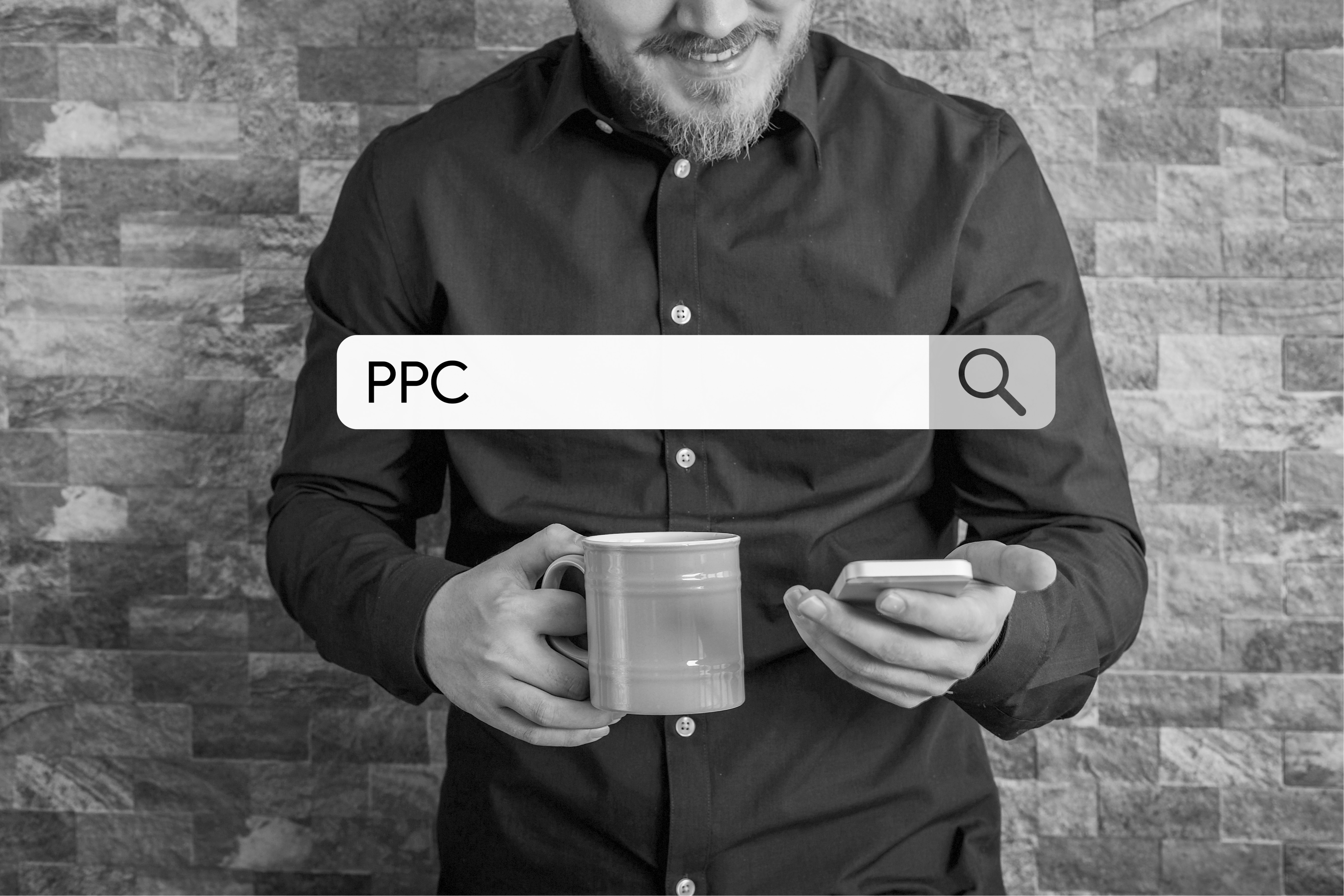

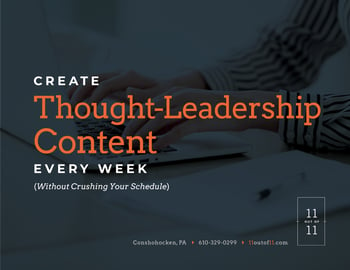

.png)





